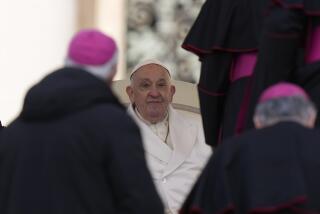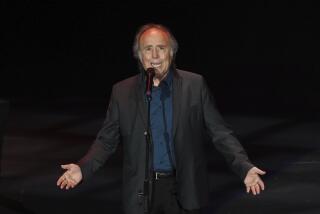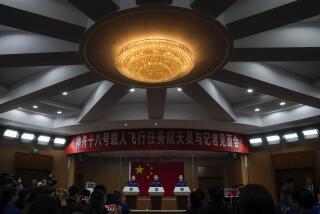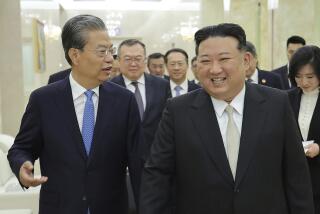Serbian conservatives, socialists renew government coalition
Serbia’s prime minister said Monday his centerright party is to renew its government coalition with its Socialist partners 14 weeks after the country held a general election.
Serbia’s Prime Minister Aleksandar Vucic said in a press conference in Belgrade that he is set to submit to the National Assembly a proposed cabinet to include his Serbian Progressive Party (SNS) and members of the Socialist Party of Serbia (SPS).
The new government’s priority will be the development of the Serbian economy, Vucic said.
The prime minister, without a doubt the most popular politician in the country, is a former member of the farright nationalist Serbian Radical Party and a former minister in the cabinet of disgraced Yugoslav president, Slobodan Milosevic, who ruled Serbia between 1989 and 2000.
Once a defender of convicted Bosnian Serb war criminal Radovan Karadzic and his military commander, Ratko Mladic, Vucic has evolved towards proEuropean positions and publicly stated his remorse for his unsavory political past.
The SNS had won 48.25 percent of the vote in the April 24 parliamentary elections, which yielded 131 out of the Assembly’s 250 seats, a comfortable absolute majority that would allow the conservative party to govern without outside support.
Nonetheless, Vucic decided to ally with the SPS, who won 29 seats, thus continuing the SNSled coalition that has governed since 2014.
Vucic called early parliamentary elections only two years into his term, citing the need for strong legislative support in order to enact wideranging administrative and economic reform.
The new government is set to also receive the backing of the Alliance of Vojvodina Hungarians (SVM), a regional ethnic party representing the Hungarian minority in the northern Vojvodina province that won four seats in April and was also present in the previous coalition.
Vucic announced that the executive branch will include at least six new ministers (out of a cabinet of 18), many of whom will be independent, and vowed that his government would be “successful, experienced and fresh.”
His rule has been marked by budget austerity policies and the announcement of planned reforms, such as privatizations and cuts to the public sector, which he has yet to implement.







